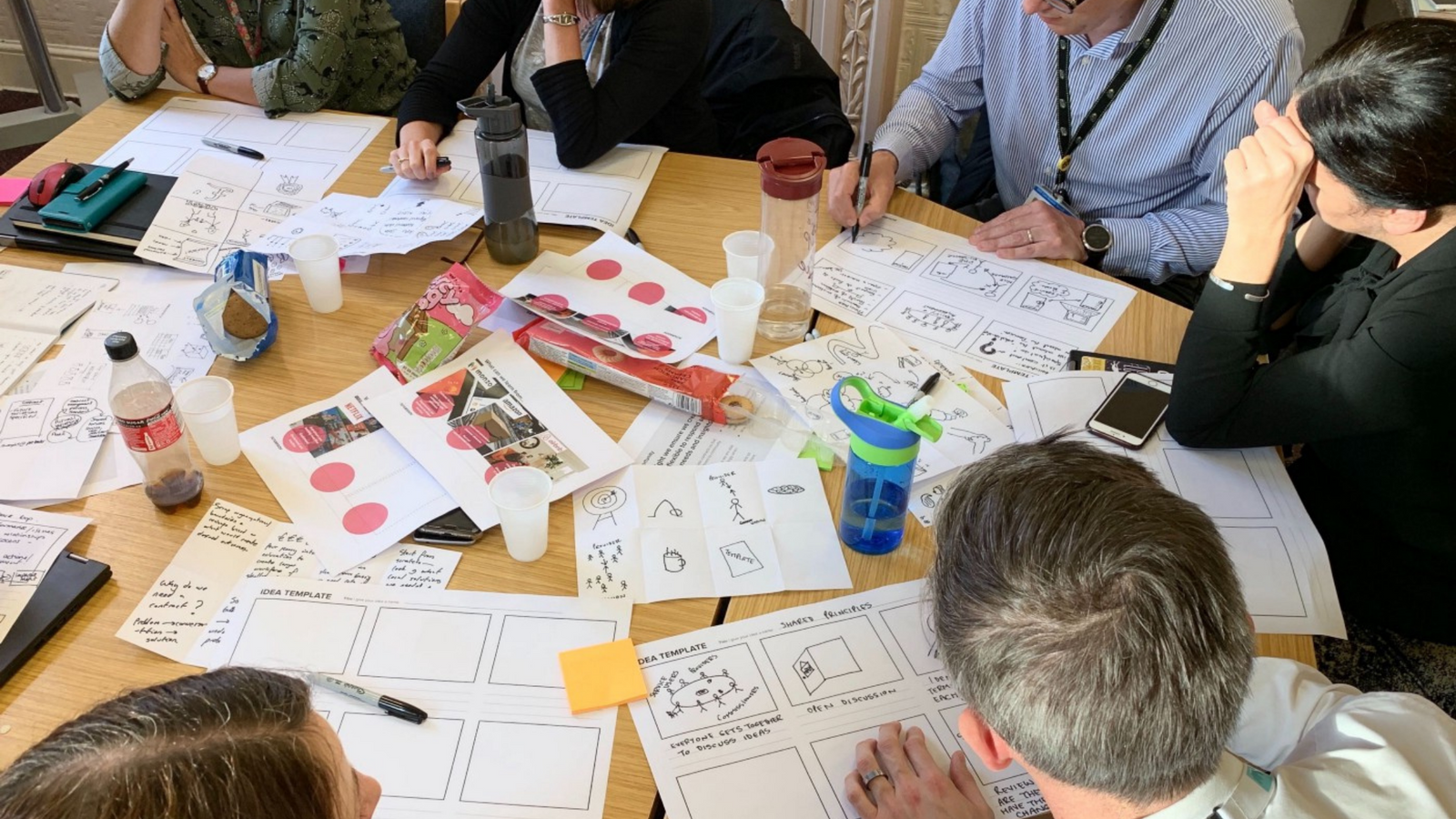Over the past few months, I’ve been discussing with leaders across the health & care system to understand their levels of preparedness for the move to integrated care systems (ICSs), as well as the broader sentiment and rationale behind the change.
One of the areas I’ve sought to better understand has been the governance arrangements for ICSs. How decisions are made, and by whom, will be intrinsic to the success or failure of the new arrangements.
From all of this, two questions stand out in my mind:
- Are we really integrating health and care in the new arrangements?
- Are we being bold enough?
A continued chasm
The ICS will see a two tier model of governance established with an ICS Board which is on a statutory footing and made up of healthcare professionals, and a Partnership Board, which is on a non statutory footing, and will include the local authorities, voluntary and private sector representatives in an area.
With the new funding announced, it’s clear that these areas will have large amounts of new money to start solving problems. Making sure you have the right people around the table to do this seems obvious, but currently, we’re at risk of a situation where the money and strategy sits with health, and the delivery and operations sit separately with care services.
If we’re to truly integrate health and care, why would the local authority, as the principal commissioner of care services, not have a seat on the ICS Board? It would be a dereliction of duty by local partner organisations if the new arrangements simply become an exercise in managing hospital flow that does not deliver joined up health and care.
The establishment of the ICS is about seeing all challenges and opportunities holistically. The vast majority of services and outcomes cut across health and care. What the proposed arrangements seem to fail to articulate clearly is what is uniquely health focused, uniquely care focused or where the two converge. The new arrangements offer the opportunity for joint brokerage; for instance, it’s an opportunity to look at the need to invest in fewer, better care homes rather than focus on savings, and using longer contracts to build from.
However, with the current split between health partners on a statutory footing and others forming the partnership board, there risks being a continued chasm between the strategy and operational delivery of health and care.
Lessons from the pandemic
I’ve heard a lot of areas talk about their existing Integrated Care Partnership Board or the Health and Wellbeing Board taking on the non-statutory role as part of the ICS governance arrangements. Folding these into the new set up makes sense from a very practical point of view in removing the possibility of duplication, of an even more confused decision making landscape across the country and maintaining momentum where it already exists.
However, with the scale and significance of the reform, which is presumably set up on the identified problem of the current arrangements not working sufficiently well, I’m not clear on how this solves a problem. Calling the old board the new board doesn’t change how it works or makes decisions. This feels like something which either hasn’t been given due consideration by the centre, or which has been consider but as yet remains unarticulated. This clarity is going to be needed sooner rather than later if ICSs are to be ready for April 2022.
One of the common stories that has come from the pandemic response is that it took local authorities, health partners and the voluntary sector further on the journey of integration and closer to communities. What’s spoken about less, and is integral to the future success, is the need to go back and make a more thorough assessment of the successes and failures of the governance around these new ways of working so that they are proportionate to the long term risk appetite of local areas.
An opportunity for radicalism
It really strikes me that we’re missing an opportunity to be much bolder and more radical. This is genuinely a chance to begin to reconcile democratic and clinical governance, but what we’re seeing instead is a loose stitching together of existing arrangements in a way that keeps health and care at arms length from one another.
Taking people with you on the journey is an important part of delivering meaningful change, but this change agenda and governance model appears to have mistaken keeping people happy with helping them to feel invested in designing and delivering an improved set of local arrangements.

Transforming healthcare
Discover how we accelerate digital transformation in the NHS, delivering innovative, user-centred solutions that improve patient outcomes and streamline services.
Work with us
Putting people at the centre of the ICS integration
This post is the third in a series about the future state of health & care, based on our experiences delivering transformation with partner organisations and interviews with senior colleagues.
Read moreOur recent insights
Transformation is for everyone. We love sharing our thoughts, approaches, learning and research all gained from the work we do.

Connecting government services for greater impact
Breaking down silos and joining up services is key to delivering better public outcomes. At our latest Digital Forum, we explored how to make it happen.
Read more
The role of play in building leadership skills
How play can offer local government leaders a powerful tool to break free from rigid structures.
Read more
Place and infrastructure: thinking about digital transformation in a new way
Digital transformation is more than gadgets or sensors—it's about the intentional and adaptive design of policy, planning and project delivery to achieve user and economic outcomes.
Read more

